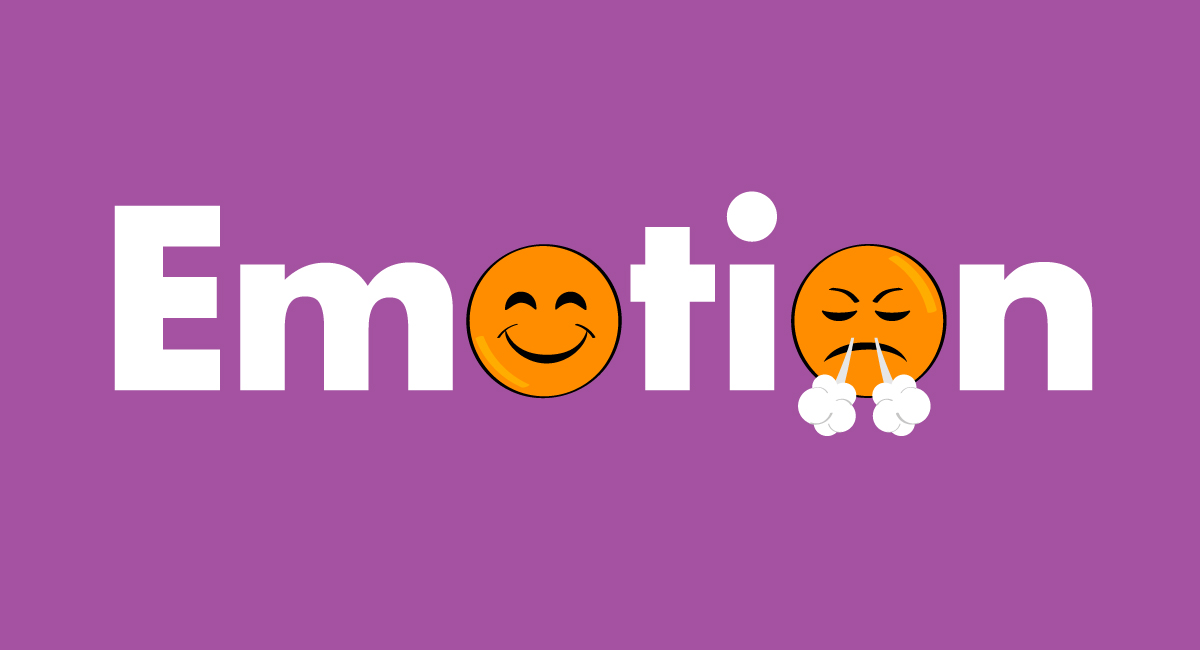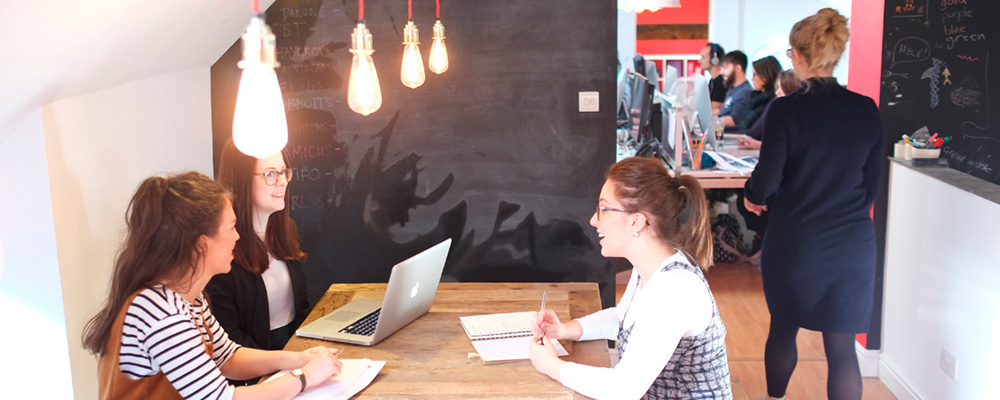Emotion is energy

Emotion is energy.
Embrace it, channel it, but please don’t crush it.
I was recently reading the November issue of The Drum. Themed The Anger Issue, it explored the impact of the current socio-political climate on marketing. From Donald Trump’s America to Brexit Britain, anger is the defining emotion right now. And emotions are running high.
So how are we – the marketers, the creatives, the brand strategists – using this extra fire in our bellies to stoke passion, empower and inspire people to push creative boundaries, and deliver better work?
Well, according to The Drum, as an industry we’re not. In stark contrast, a recent run of mediocre or misjudged campaigns (Trivago’s quantity over quality Tube takeover, Nivea’s ‘White is Purity’ deodorant ad, and Dove’s body-shaped bottles to name a few) appear completely detached from the collective mood or, indeed, devoid of any emotion at all. Worse still, one poorly judged campaign – Pepsi’s ‘Live for Now Moments’ – appears to make light of current political tensions.

In the 2-minute-39-second “short film” Kendall Jenner throws off the chains of the modelling industry to join a protest taking place in the street outside. Passing breezily through the crowd, Jenner hands a can of Pepsi to a police officer, who drinks from it and the crowd of protesters cheer enthusiastically. Widely criticised for attempting to capitalise on imagery imitating protests in the Black Lives Matter movement, Bernice King, daughter of civil rights leader Martin Luther King Jr, remarked, “If only Daddy would have known about the power of #Pepsi”. Thankfully, with the anger of the masses directed at them, Pepsi pulled the ad less than 24 hours later.
However, the fact remains; there is a concerning trend towards campaigns that could be described as adequate, satisfactory or half-baked, over those that make a deeper connection on a social, political or cultural level. Summarised beautifully by Trevor Beattie,
“Our current emotional spectrum seems to run from mild to mawkish via meh. With an acoustic backing track of mustn’t grumble.”
But why?
When did the fire go out?
In pondering the answer, I began to think about an experience of my own – not at mark-making*, but a few years ago in another role, another agency. I was told by my (then) boss that I was too emotional. He didn’t mean in the highly sensitive, gets hurt easily sense. He meant that I wore my heart on my sleeve and my feelings close to the surface, and this, in his view, was a negative trait.
The comment stopped me in my tracks. Partly because there was no doubt in my mind it had sexist undertones (what he saw in me as ‘too emotional’, would have been seen as passion, drive or healthy ambition in a male colleague), but also because I had never considered being emotional as a negative trait before.
Of course, there are professional and unprofessional ways to express your emotions. And I’m not for one minute condoning stroppy outbursts, anger that’s on the side of aggressive, or manic behaviour in the workplace. But channelled effectively, emotion is energy, passion drives us, and anger shows we care. Crushing it can lead to apathy and that’s not a good place for anyone to be.
“Emotion is energy, passion drives us, and anger shows we care”
Nevertheless, I naively took his advice and tried to put a dampener on my emotions. He was my boss after all, with many more years’ experience under his belt and on a number of levels I respected him. To develop in my career was the objective, and to present a more measured and rational version of myself became the strategy.
Yeah, you know how that went! Of course it felt disingenuous tempering what I said to reflect a diluted version of how I really felt, and I became disengaged. The disparity between my values and those of my boss and, in turn, what he represented – a company culture – was too great. I came to realise it wasn’t the right environment for me and I moved on.
Practice what we preach
I’m now fortunate to work in an agency where the values reflect my own and, importantly, the culture allows me to express myself in a way that’s authentic. In fact authenticity is part of mark-making* DNA. We don’t perform to creative agency stereotypes (you know the ones: precious prima donnas in their trendy ivory towers). We’re first and foremost human beings, treat our clients as human beings, and understand their audiences as human beings too. We work with our clients to help them connect with their audiences on an emotional level, and aren’t afraid to engage our own emotions in the process.

Perhaps there is a lack of emotion, passion and anger within the wider creative industry, a passivity that has stretched to ignoring or misjudging the current socio-political climate? Perhaps, like my experience, it’s the product of out of touch values, disengaged employees, or old school leadership? I don’t know.
“Actively encourage any kind of behaviour that demonstrates we give a damn”
What I do know is that I’m proud to work for a company – and clients for that matter – which actively encourage any kind of behaviour that demonstrates we give a damn. Embracing and channelling our emotions might take more effort, be more challenging, and even be uncomfortable at times, but it produces the best work, strongest client relationships and more engaged employees.
And, I feel better already, having got that off my chest.
About Zoe
Zoe March
Client Director